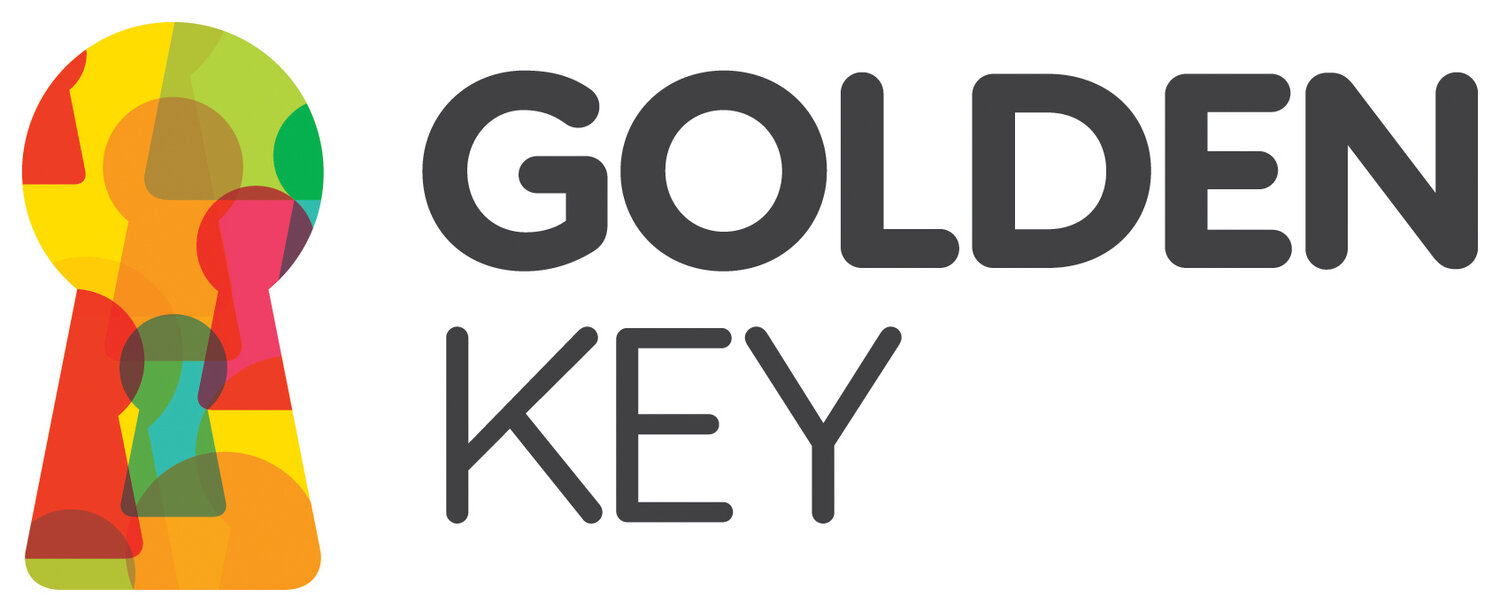Reflections of a team manager
Sandeep Saprai joined Golden Key as a Team Manager in 2019. Her responsibilities included line management of several leaders from various Golden Key teams and included operational responsibility for their services and other projects.
In this blog she shares her reflections on the best ways to approach a new team, how building good relationships helps to get the best out of people, and why wellbeing is so important for every team member, including the manager.
Joining a new team
As a new manager, I knew staff would not only be curious about me, but also anxious about the changes and disruptions I could potentially bring in. By putting myself in their shoes, I realised that I would be worried this new person might be difficult to work with, controlling or try to micromanage me. The manager I was replacing was popular and well-respected, which meant I had an even bigger job to do, to gain their acceptance and trust.
I decided initially to stay in the background, observe the environment, the dynamics, culture and personalities. While I observed my new team, I was acutely aware that I was being scrutinised too. I would check in with myself throughout each day; how was I coming across? Were they relaxed around me, and if they weren’t what could I do to help them feel more comfortable?
To get to understand each team member and start to build rapport with them I arranged one-to-one meetings. I asked a lot of questions, not only about work, but also on a personal level, and listened carefully to what they told me. For me it was vitally important to be honest and authentic in my approach, to let them know that I had a lot to learn, and I was eager to learn from them.
While I could see what needed to be changed, and where improvements were required, I realised it was important to be patient and bide my time. It was essential to establish myself and my role within the team to minimise potential tension and resistance to change.
Managing a team and yourself
One of the leaders I was managing, who was also relatively new to GK, had a big job on their hands. Their project needed a complete re-design and for some time we worked closely together to get this done. The result was excellent and exactly what we hoped for, but I soon realised that the other services I was responsible for were also in need of this level of support.
The solution was to work more closely with the leaders of those services, to coordinate project planning, re-development, restructuring, partnership working and team building. We developed a joint vision of how to improve the culture, environment, and performance of our various services, and together we managed to achieve system change within Golden Key.
Self-care
Many of Golden Key’s coordinators worked with clients who, due to their past trauma, would often ‘hit crisis point’. This could occur daily, and I witnessed much vicarious trauma and burn-out in our staff as a result. Luckily, Golden Key was equipped to help deal with this. To counteract and help reduce the risk of these issues, our staff would receive a great deal of support including formal and informal supervision, ongoing training, peer support, reflective practice, and access to a psychologist. They were also trusted to work autonomously, given flexibility, and empowered to use their expertise, skills, and experience to make the best decisions for themselves in their work.
It is a leader’s duty to ensure their staff feel ‘held’, to be strong for them and to give them positive energy and kindness. You also need to be an efficient team player, a good problem solver and quick at decision making. This is extremely difficult to do if you feel fatigued and depleted yourself.
If you appear stressed and unable to cope, your staff pick up on it. This can result in transference and can negatively impact a team. A tired or stressed-out manager can have a detrimental effect on the overall performance of a team, which in turn impacts the achievement of organisational aims and objectives.
Prioritising my wellbeing meant I remained grounded and mentally robust enough to cope with my duties as manager. If you look after yourself, you can look after others, be that staff or service users. It is crucial to invest time and energy into you first, that way, you will have plenty to forward on.
As managers, we invest our time and energy in ‘our people’. We do our best to help them feel safe, secure, and appreciated in the workplace. We know that if they feel healthy, happy, and valued this inevitably helps to increase productivity, meet project targets, and offer excellent quality of service to our clients. It’s a fine balance to strike but throughout my time at Golden Key, I believe we found that balance.
